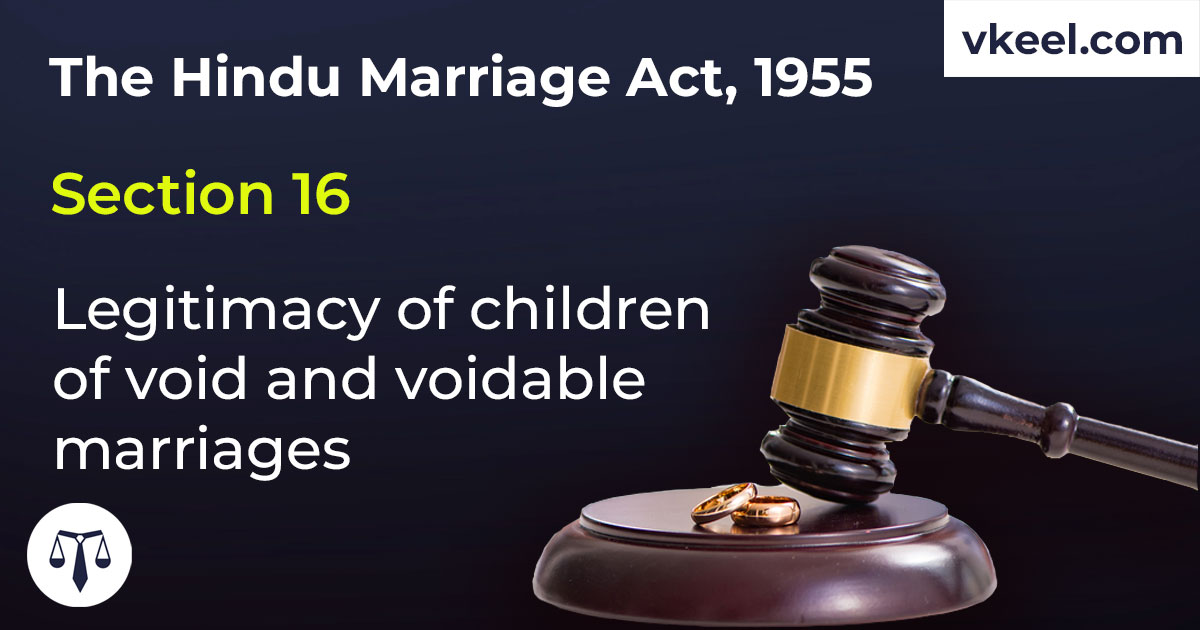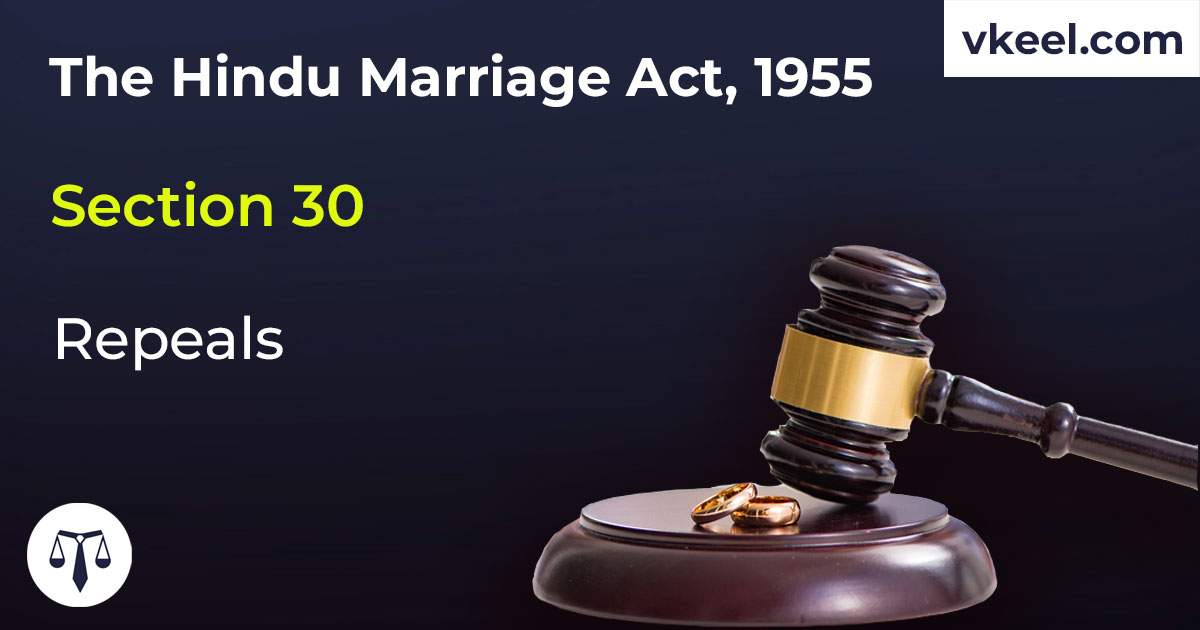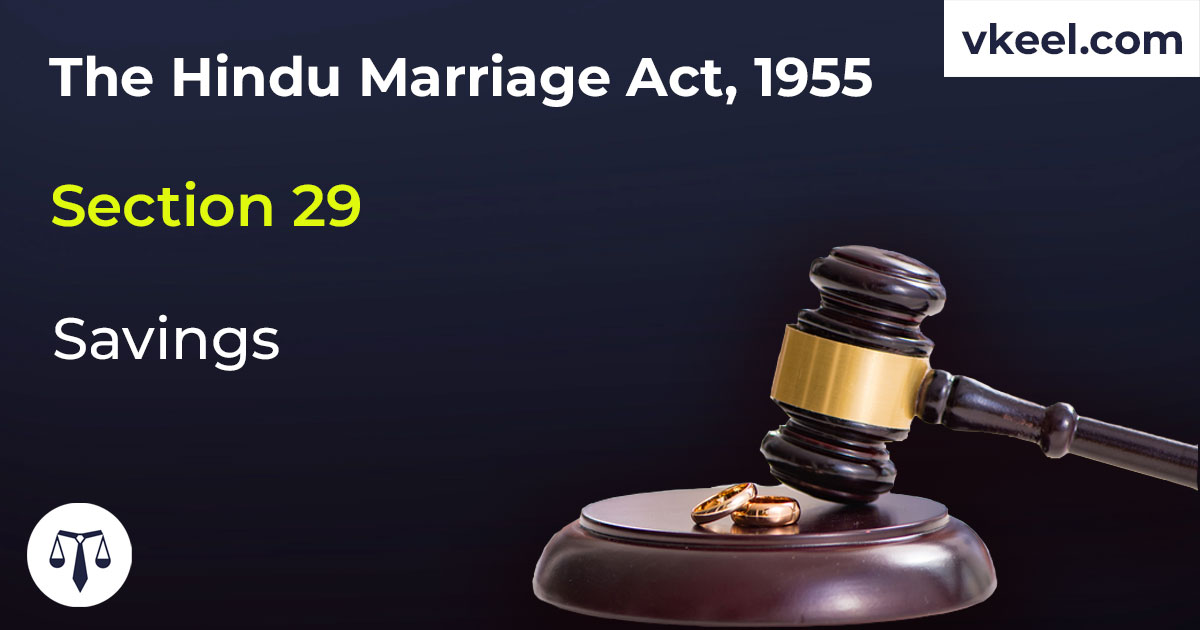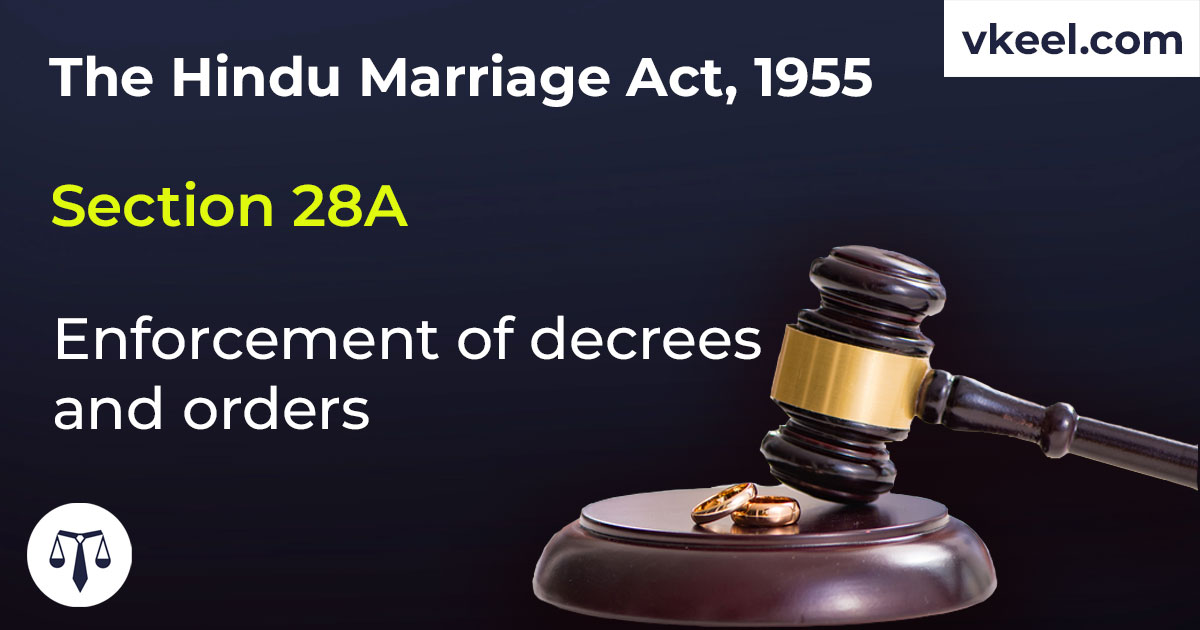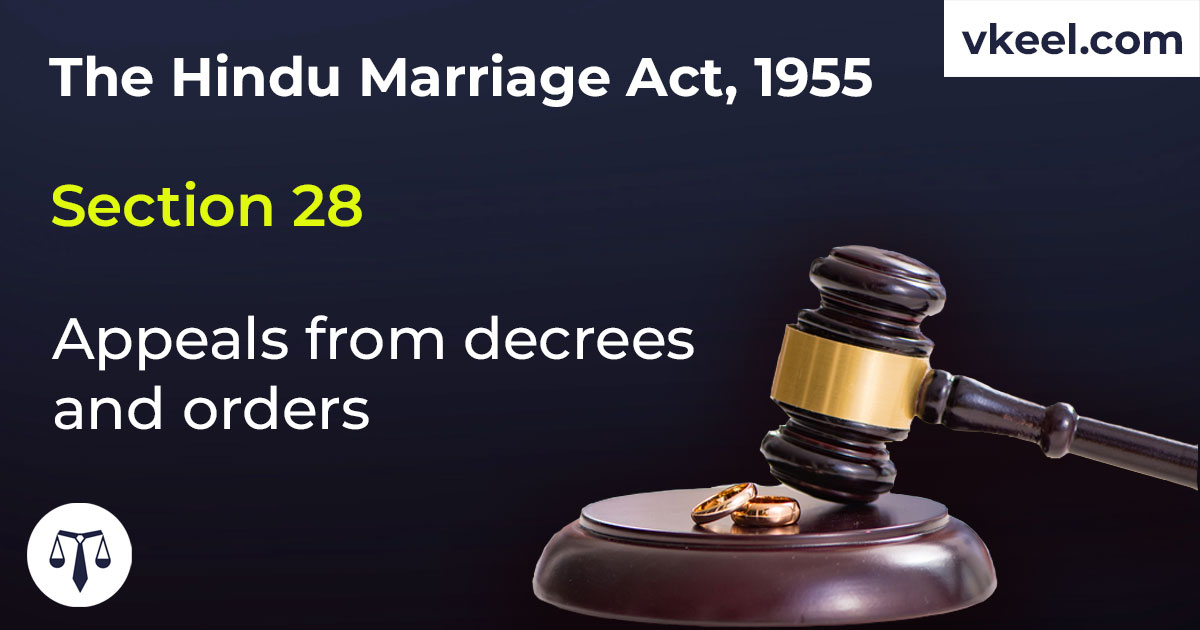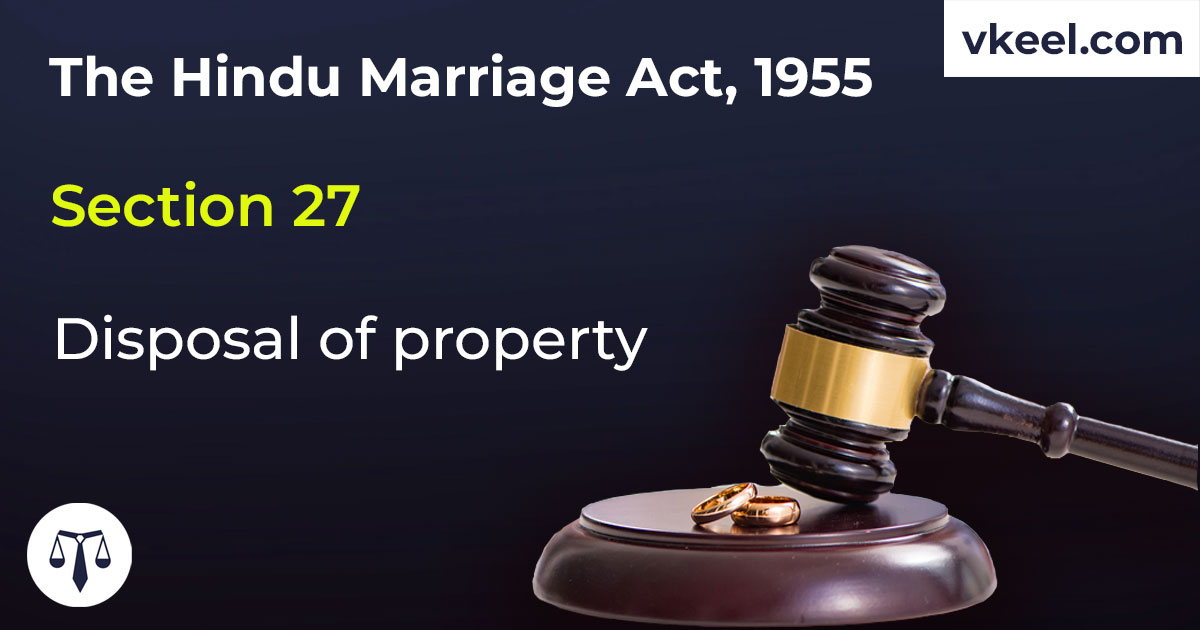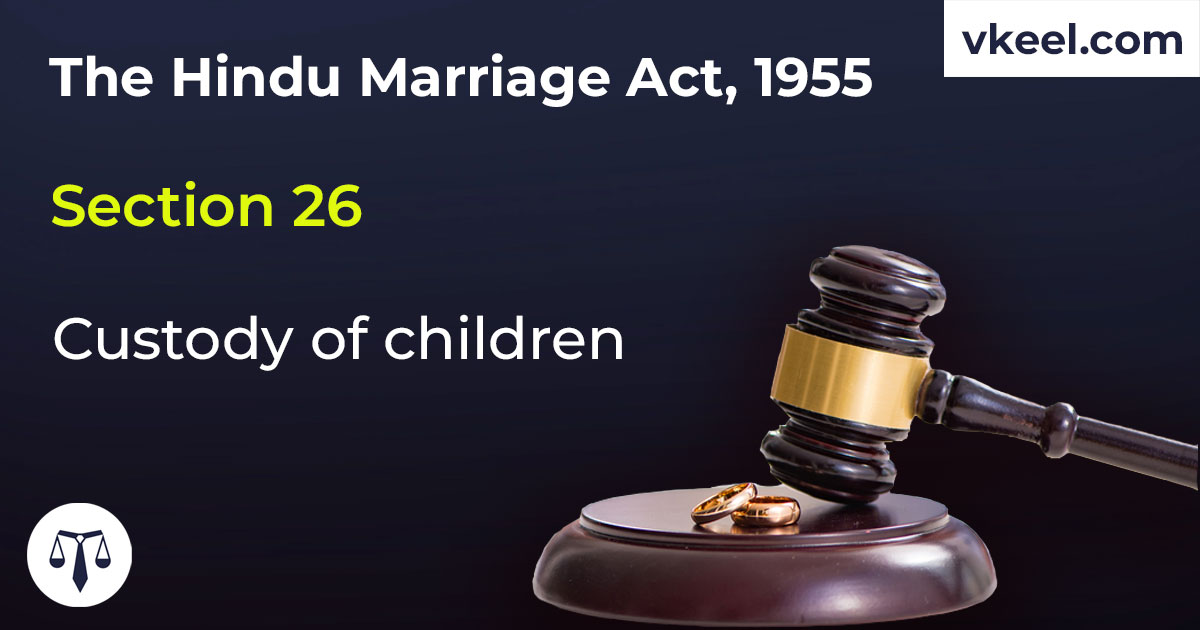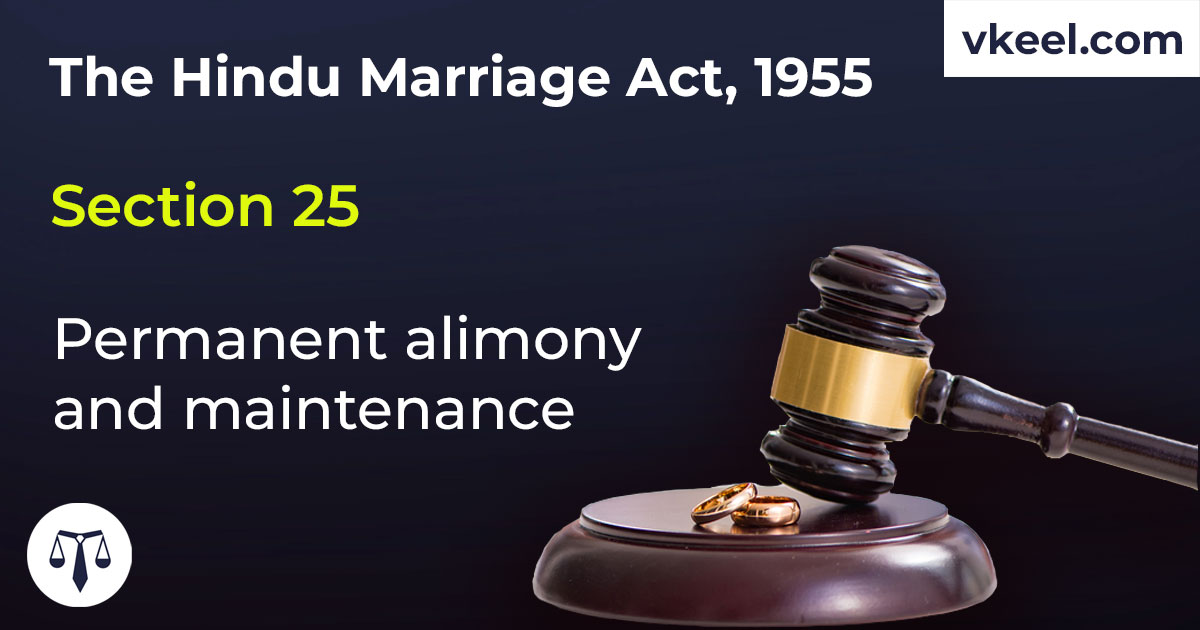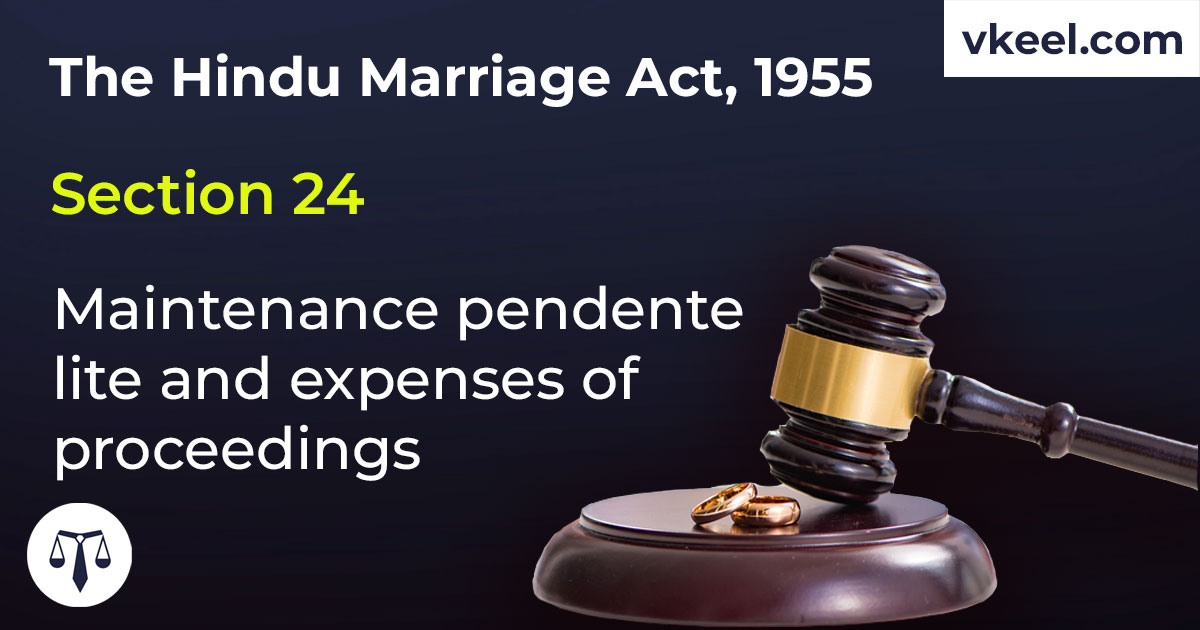Section 16 Hindu Marriage Act 1955 – Legitimacy of children of void and voidable marriages
By Vkeel Team
Description
“Section 16 Hindu Marriage Act 1955”
1[(1) Notwithstanding that a marriage is null and void under section 11, any child of such marriage who would have been legitimate if the marriage had been valid, shall be legitimate, whether such child is born before or after the commencement of the Marriage Laws (Amendment) Act, 1976 (68 of 1976), and whether or not a decree of nullity is granted in respect of that marriage under this Act and whether or not the marriage is held to be void otherwise than on a petition under this Act.
(2) Where a decree of nullity is granted in respect of a voidable marriage under section 12, any child begotten or conceived before the decree is made, who would have been the legitimate child of the parties to the marriage if at the date of the decree it had been dissolved instead of being annulled, shall be deemed to be their legitimate child notwithstanding the decree of nullity.
(3) Nothing contained in sub-section (1) or sub-section (2) shall be construed as conferring upon any child of a marriage which is null and void or which is annulled by a decree of nullity under section 12, any rights in or to the property of any person, other than the parents, in any case where, but for the passing of this Act, such child would have been incapable of possessing or acquiring any such rights by reason of his not being the legitimate child of his parents.
Legitimacy of Children Born of Void and Voidable Marriages Under the Section 16 Hindu Marriage Act 1955
Section 16 Hindu Marriage Act 1955 of the HMA deals with the legitimacy of children born of void and voidable marriages. According to Section 16 Hindu Marriage Act 1955, any child born of a void or voidable marriage is considered to be legitimate.
A void marriage is one that is not legally valid. This could be due to a number of reasons, such as one of the parties being already married, or the parties not meeting the legal requirements for marriage. A voidable marriage, on the other hand, is one that is valid until it is annulled by a court. This could be due to a number of reasons, such as one of the parties being underage or mentally incapable of consenting to the marriage.
Under Section 16 of the HMA, any child born of a void or voidable marriage is considered to be legitimate. This means that the child has the same rights as any other child born in a valid marriage. The child is entitled to inherit property from either parent, and is also eligible for maintenance from either parent.
The legitimacy of a child born of a void or voidable marriage is also recognized by the Indian Succession Act 1925. This Act states that any child born of a void or voidable marriage is considered to be a legitimate child and is entitled to inherit property from either parent.
In conclusion, Section 16 Hindu Marriage Act 1955 states that any child born of a void or voidable marriage is considered to be legitimate. This means that the child has the same rights as any other child born in a valid marriage, and is also recognized by the Indian Succession Act 1925.
1. Subs. by Act 68 of 1976, s. 11, for section16 (w.e.f. 27-5-1976).
Description Source: indiacode
Disclaimer:
The information provided in the article is for general informational purposes only, and is not intended to constitute legal advice or to be relied upon as a substitute for legal advice. Furthermore, any information contained in the article is not guaranteed to be current, complete or accurate. If you require legal advice or representation, you should contact an attorney or law firm directly. We are not responsible for any damages resulting from any reliance on the content of this website.

